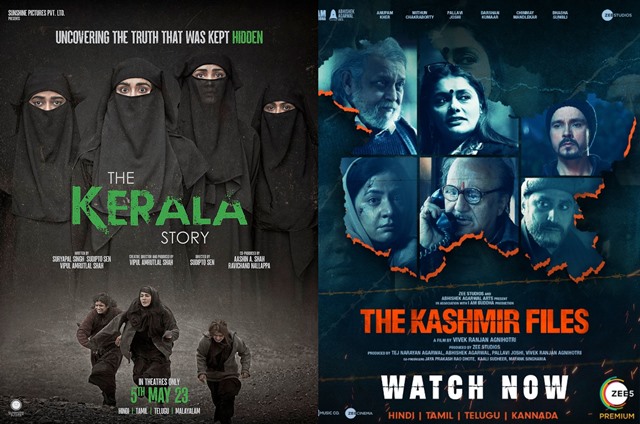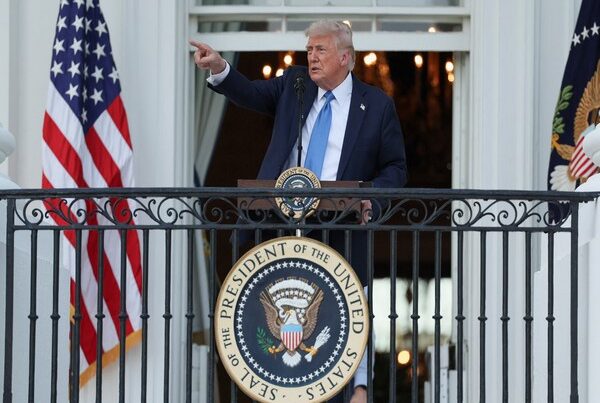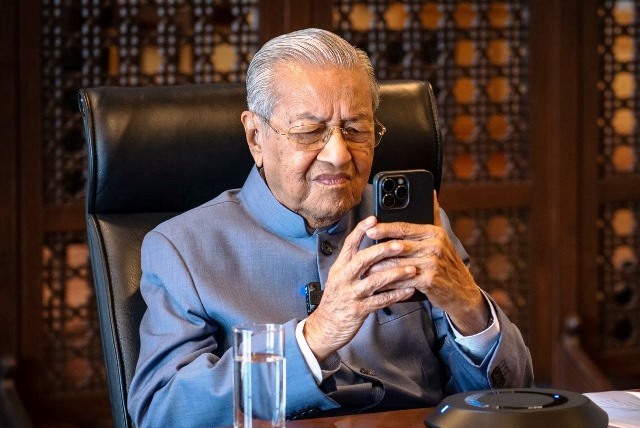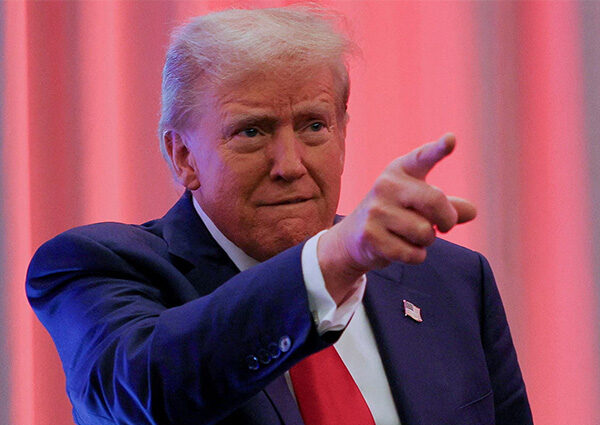
Kashmir To Kerala, The Propaganda Potpourri
It must be stressed at the outset that no film, once cleared by the Central Board of Film Certification (CBFC), should be banned or prevented from being shown to the public. No individual or group – political, social or religious – should be allowed to act as an extra-constitutional authority.
On the ongoing controversies, it needs to be noted that no Kashmiri will make The Kashmir Files and no Malayali will make The Kerala Story. Kerala, especially, has a record of good cinema. Filmmakers from Kashmir know their state well and also know the damage a misleading picture can cause.
The focus is on Muslims – men in The Kashmir Files and women in The Kerala Story. The likely content of The Bengal Files, supposedly in the making, can be guessed from the West Bengal Chief Minister’s claim. Her state has a significant Muslim population and borders a Muslim-majority Bangladesh.
The ‘honour’ for the two films goes to Bollywood. Although a pejorative, the popular name for Mumbai-based cinema, to the exclusion of a dozen other film-making centres, it has legitimate claims of a global reach. This underscores the global damage bad cinema can cause and is evidently already causing. Britain has stopped The Kerala Story showing.
To carry out these ‘jobs’, however creative and lucrative, marks deterioration for Bollywood which has a record, without a formal political label, of promoting secular values. It has creative people from all communities. It gave the world My Name is Khan… when the West was witnessing aggressive promotion of Islamophobia post-9/11.
The fact is that Bollywood’s leading lights are anxious to stay on the right side of the political divide. After a century-plus of being the entertainment hub, Bollywood, or its influential sections, are no longer afraid of taking sides. The motivation, besides money which is okay, is political.
Films have caused controversies, even violent protests – some even when they were under production – in the past as well. The recent ones are part of the political and social churning and have contributed to the widening schism. But that, again, is no reason to ban a duly certified film.
Films are powerful tools that shape ideas, attitudes and social norms. They have a greater ability to sway opinions and spread ideas compared to other media forms. As such, the sudden slew of political films and biopics, and the timing of their release have raised questions about politicians capitalising on the power of Bollywood and Indian cinema in general for political mileage.
Cinema and politics have often intertwined in India. Several actors have turned to politics post their film careers while Indian movies have also tackled social and political concerns in plotlines, albeit implicitly and allegorically.
ALSO READ: ‘We Must Counter Propaganda Films, Not Ban It’
The present spree is in time for the national elections a year away, interspersed by many assembly polls. Its justification can well be that when other arms of the media are profiting from participation, why single out the cinema? And of this medium, the over-the-top (OTT) platforms, where content is not subject to censorship, have yet to join the electoral bandwagon. If and when they do, it will be really no-holds-barred.
The picture is not very different from 2019 except that it is more strident. An in-your-face biopic on Shiv Sena supremo Balasaheb Thackeray, a derisive film on former premier Manmohan Singh and a highly laudatory one on the present incumbent, Narendra Modi were released. Potshots taken against Singh stood in contrast with the forceful hagiography of Modi. The release of the Modi biopic was so close to the polls that the Election Commission had to force a delay.
But these films would seem benign today when compared to the current crop, with more in the offing. The difference in the approach needs to be noted. The film fare of 2019 had the government of the day, while remote-controlling, seeking to appear neutral. It left all action to the party leaders and cadres. But the ‘files’ on Kashmir and Kerala have enjoyed direct, in-your-face, endorsement from the top-most political authority, especially during the recent Karnataka elections. That the voter rejected divisive discourse is a different, if reassuring, story. Unless there is an attempt at course correction, this is more likely to persist over the next year.
The partisanship has penetrated and widened this time. The maker of The Kashmir Files, who continues to court controversy long after the film’s release and the diplomatic fracas it caused when shown at the country’s most prestigious international film festival, is a member of the CBFC. If he participated in the certification process of his own work is beside the point. The real issue is that the authority that appointed him retains him in that post through the controversy and after.
As for The Kerala Story, the official and political endorsement has come amidst almost universal criticism of its content and treatment and brazen juggling of figures – from 32,000 women being affected to just three and then the film’s producer argues that the numbers do not matter.
The Kerala Story was banned in West Bengal but the filmmakers secured a stay on the ban from the Supreme Court. The apex court, quite appropriately in principle, but ignoring the political overtones, asked why the film is banned. Whatever the contents’ quality, the two films have been projected as box office hits. Meanwhile, some BJP-ruled states have declared The Kerala Story tax-free.
Film certification has been a central subject, a carry-over from the colonial era. It can be argued that this is untenable in a quasi-federal polity where many provinces, particularly in peninsular India, have cinemas that reflect their distinctive culture. But given the divisiveness that already exists, one hesitates to add to the list of issues ranging from language, land borders to river waters.
Like much else on the agenda of various political parties, the debate is about the extent to which cinema can influence the minds of the viewers as potential voters. Indeed, the minds that work in the darkness of the cinema theatre (or the cosiness of home) and the exclusively covered polling booth where the vote is cast are the ultimate battlegrounds.
While it is true that propaganda is no longer a candidly top-down process with the proliferation of social media, the experience of the last century shows that films that are undisguised and naked political propaganda are not able to influence people. People may watch them but they see through the design and reject their crudity in its entirety. We will know where the Indian viewer/voter stands next summer.
The writer can be contacted at mahendraved07@gmail.com
Read More: lokmarg.com
Dear OP, your questions have the answers. There is confluence if not collusion between government and this set of film makers, who have mostly made B grade films. They don’t mind getting controversial. You are right in that this type of cinema, far from getting you to think, only angers and polarises the society. We are indeed living in divisive times.



